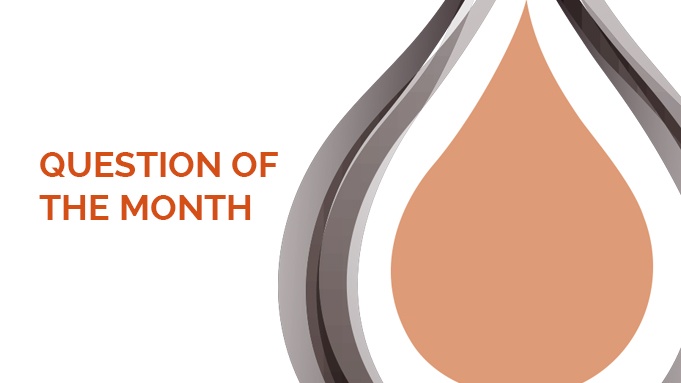
Measuring results is key to be able to understand how your production is going and if you should make any changes in your supply chain. In today's ceramic market, new tools to measure different parameters appear every year, making it barely impossible to be able to catch up with all of them. However, we have found several that we think might be relevant and a bit more unknown. So this month is all about tools!
TOOLS FOR BRICK, WALL AND FLOOR TILE MANUFACTURING
In general terms, the tools we can use to measure different parameters for structural ceramics and decorative ceramics are pretty similar, but there are some issues we don't find so often in brick manufacturing and others we don't find so much in floor and wall tiles.
Scumming and efflorescences usually appear in bricks when the salt content of the clay is high and it migrates to the surface of the brick once the item is dried and fired. We will talk about tools to measure soluble sulfates such as ion chromatographers next week. These type of tools can help you detect soluble sulfates before you have finished the piece, so you can avoid this issues before they happen. We also wrote several articles on how to avoid the appearance of efflorescences that you may like:
- How to reuduce scumming from structural bricks without barium carbonate
- How to deal with efflorescences in structural bricks
LAB & ON-SITE TESTING
It is of vital importance to make trials on a small and a large scale to see the direction we should take to improve our process, but sometimes – many times – we don't have the necessary equipment or these trials are unaffordable. Some small pieces of equipment that you should have on-site to be able to measure could be a tachymeter, to determine the improvement of throughput during extrusion or a penetrometer, that allows to track plasticity.
TECHNICAL EXPERTISE
Of course, it’s always good to surround yourself with the best experts. We have more than 50 years of experience in the ceramics market and the most advanced technology to be able to carry out in depth tests and trials either in our lab or on your site. So if you have any specific question, please, let us know by clicking the button below!





